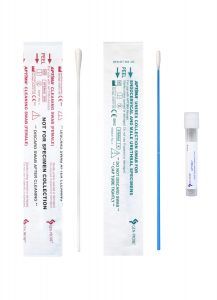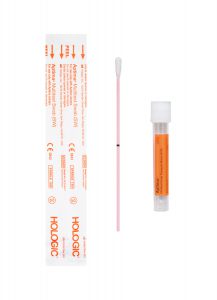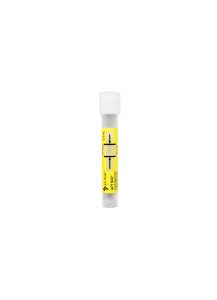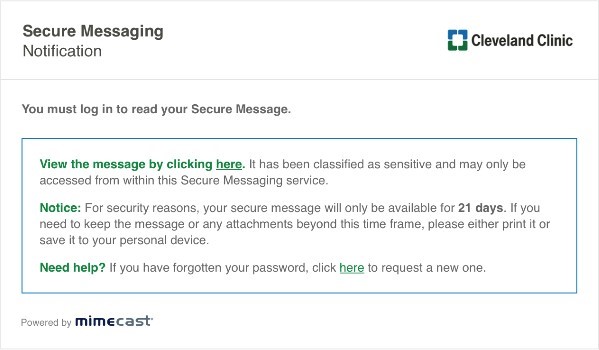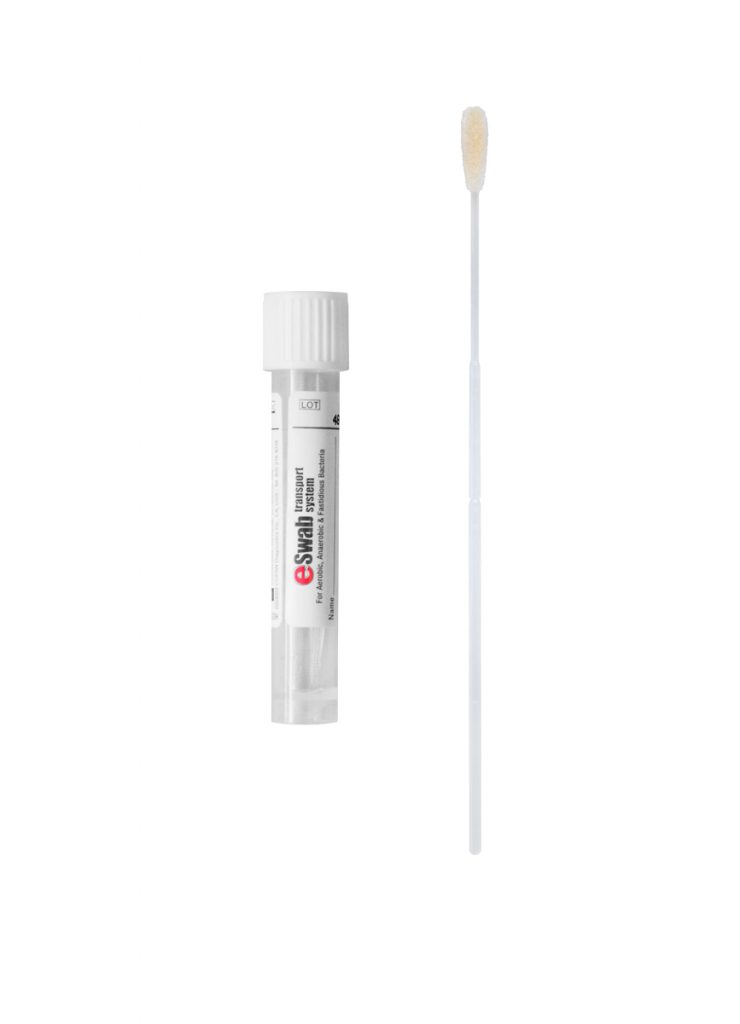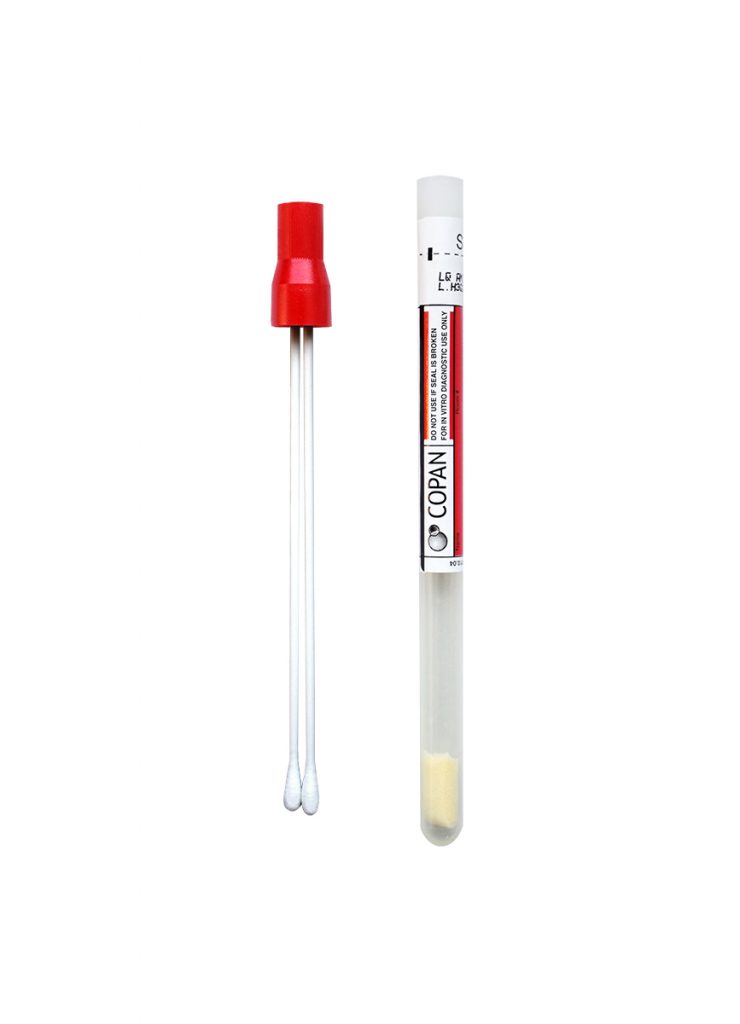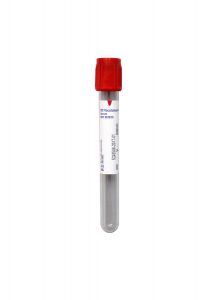Special Communication
March 2022: Changes to CBCDIF Result Reporting, Aldosterone Reference Intervals
Changes to Result Reporting
Complete Blood Count and Differential (CBCDIF)
Updates:
- Up to 2% IG will be reported as part of the automated differential.
- An absolute IG number will be reported.
- Samples with ≥2% IG will continue to have a manual differential performed.
- Absolute granulocyte counts (AGCCBC) will have both absolute neutrophil and absolute IG counts reported.
- ALC will include both normal and reactive lymphocytes when reactive lymphocytes are present.
Previously:
- In samples with <2%, the immature granulocytes (IG)% are added to the neutrophil %.
- Samples with ≥2%, IG have a manual differential performed.
- Absolute lymphocyte count (ALC) is calculated from the WBC count and % normal (non-reactive) lymphocytes. Reactive lymphocytes are excluded.
Change Overview
The majority of Cleveland Clinic Laboratories’ hematology analyzers are FDA-approved to report “immature granulocytes” (IG), which represent “left-shifted” myeloid precursors that are more mature than blasts (e.g. myelocytes). A small number of IG can be seen in a variety of benign conditions.
The reference range for IG is age-dependent, as listed below; however, normal individuals may occasionally have IG higher than the reference range. Because the hematology analyzers are highly accurate and precise, a staff (pathologist) review is unlikely to add additional information in the setting of a small population of IG.
IG have not been specified in previous reports because of concern for over-interpretation of small numbers of IG. However, reporting IG is in accordance with the analyzer manufacturer’s recommendations, will improve laboratory efficiency, and is becoming the norm among laboratories using these instruments, including in major medical centers.
IG are NOT blasts. Any sample with blasts will have a manual differential performed and a separate blast % will be reported.
Immature Granulocyte Reference Ranges, by patient age (cells/µL):
≤ 2 days:
< 0.29
2 < 14 days:
< 0.28
14 – 30 days:
< 0.23
31 – 90 days:
< 0.10
91 – 180 days:
< 0.07
0.5 – < 2 years:
< 0.15
2 – < 6 years:
< 0.07
6 – < 12 years:
< 0.05
12 – < 18 years:
< 0.04
>/= 18 years:
< 0.01
Summary of Changes to CBCDIF Reporting:
Name
Updated Reporting
Previous Reporting
CBCDIF with <2.0% Immature Granulocytes (IG)
IG% reported in chart
IG% added to neutrophil%
CBCDIF with >1.9% IG
Manual differential performed
Manual differential performed
CBCDIF with Suspected Blasts
Manual differential performed, blast % reported
Manual differential performed, blast % reported
Absolute Lymphocyte Count (ALC)
ALC = WBC x (lymphocyte % + reactive lymphocyte %)
ALC = WBC x lymphocyte %
Changes to Reference Intervals and Interpretative Comments
Aldosterone (ALDO)
The upright reference interval for adults has been updated to < 35.4 ng/dL (from 3.1 – 35.4 ng/dL).
The following interpretative comment will be appended to the results:
The reference interval for plasma/serum aldosterone is based on a normal sodium intake and upright position. High sodium intake may suppress aldosterone, and low sodium intake may increase aldosterone. The supine reference interval is <23.7 ng/dL.
A ratio of aldosterone in ng/mL to direct renin in pg/mL greater than or equal to 3.8 is a positive screening test result for primary aldosteronism when aldosterone is greater than or equal to 15 ng/dL.
Changes to Reference Intervals and Interpretative Comments
Direct Renin (RENIND)
The supine reference intervals will display next to the results as:
< 41 years:
4.2 – 52.2 pg/mL
41 – 99 years:
3.6 – 81.6 pg/mL
The following interpretative comment will be appended to the results:
The reference interval for direct renin is based on an upright position. The supine reference intervals are:
< 41 years:
3.2 – 33.2 pg/mL
> 41 years:
2.5 – 45.1 pg/mL
A ratio of aldosterone in ng/mL to direct renin in pg/mL greater than or equal to 3.8 is a positive screening test result for primary aldosteronism when aldosterone is greater than or equal to 15 ng/dL.
Changes to Reference Intervals and Interpretative Comments
Aldosterone/Direct Renin Ratio (ALDREN)
The reference interval will be updated to <3.8 (from < 4.0).
The following interpretative comment will be appended to the results:
A ratio of aldosterone in ng/mL to direct renin in pg/mL greater than or equal to 3.8 is a positive screening test result for primary aldosteronism when aldosterone is greater than or equal to 15 ng/dL.

